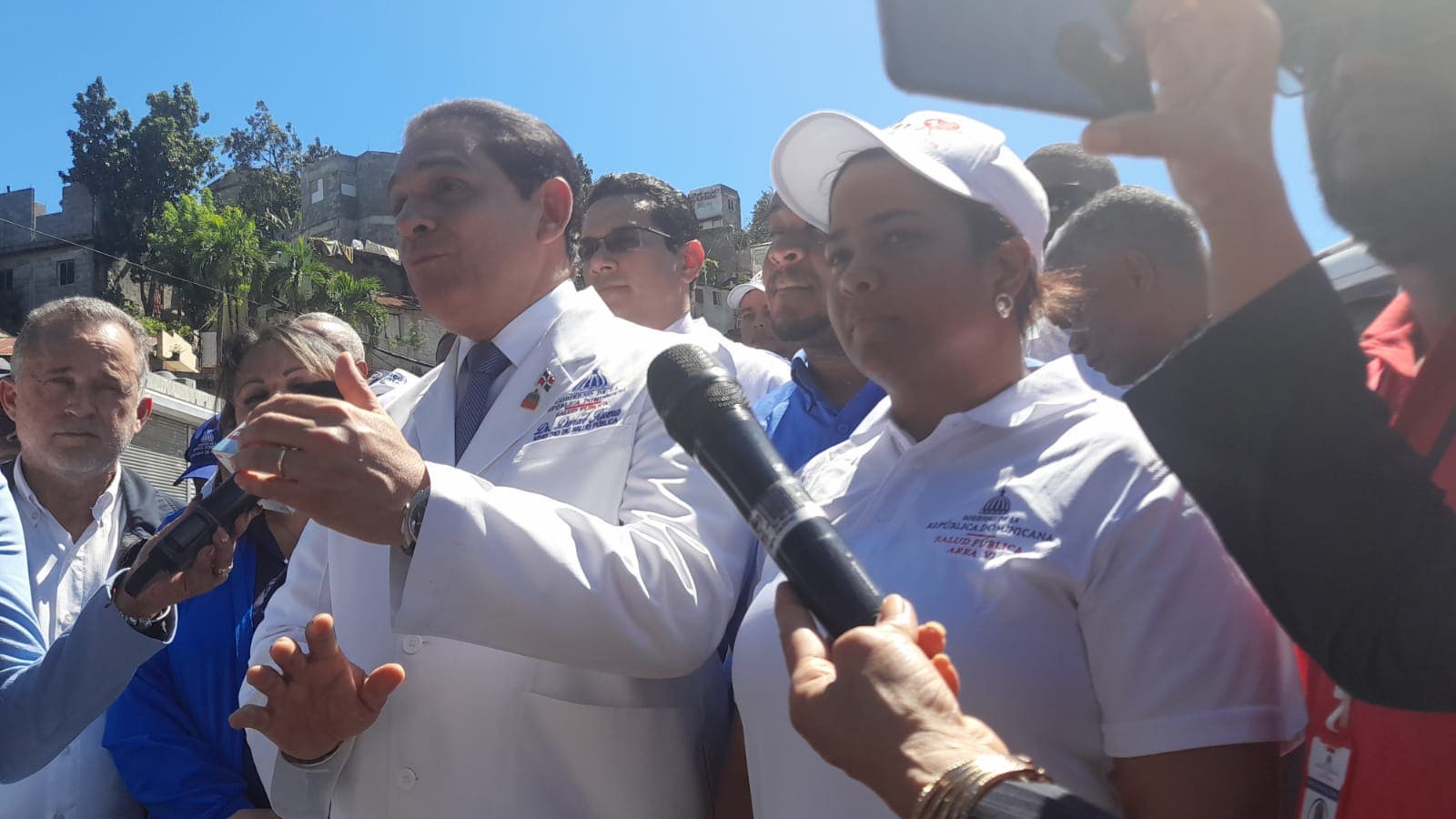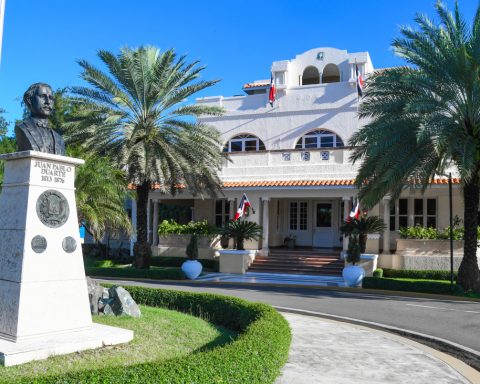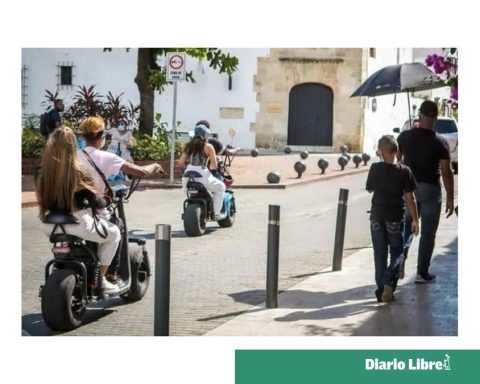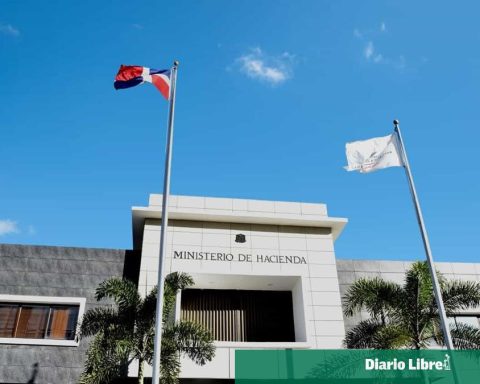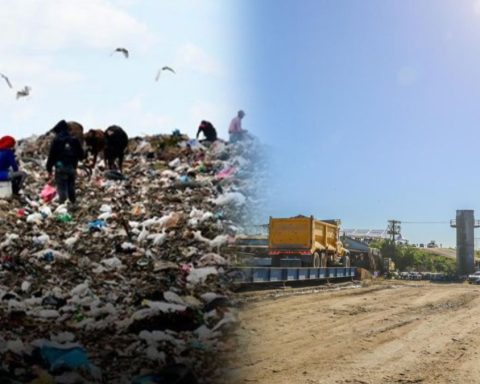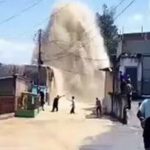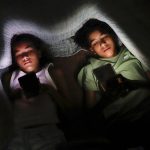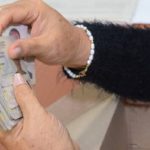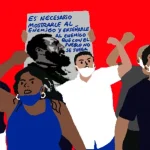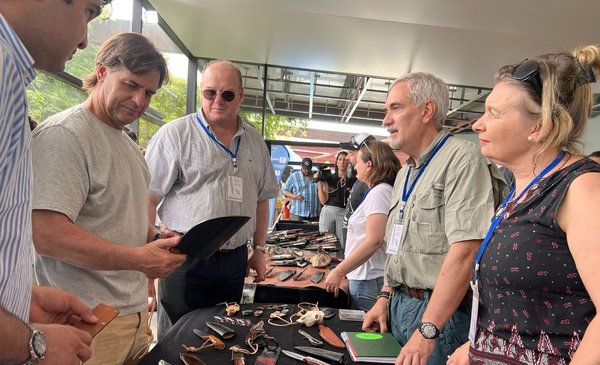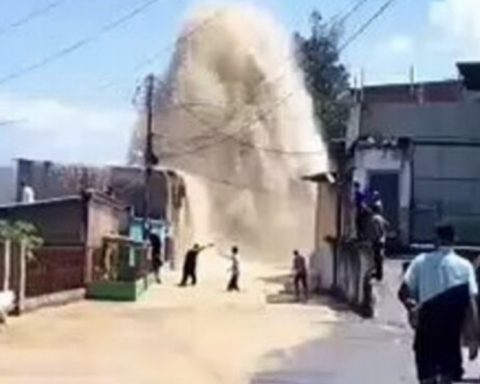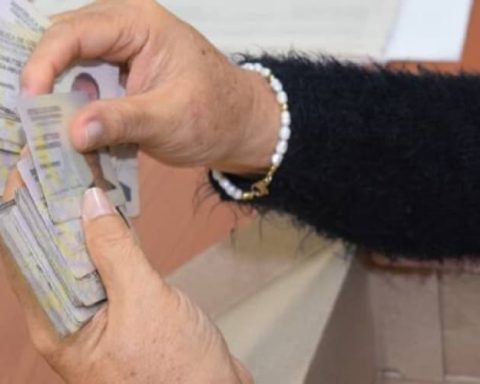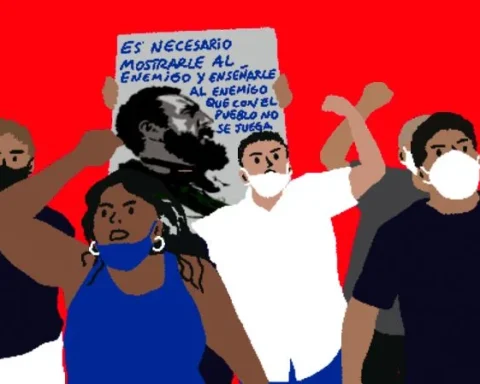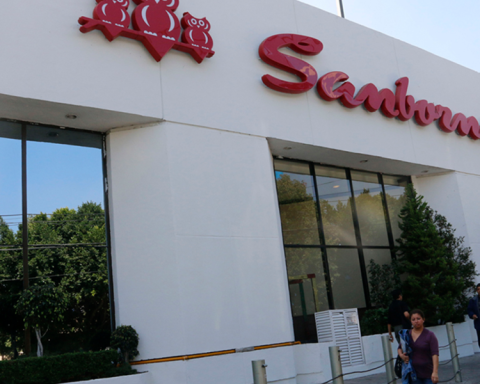Santo Domingo.- With the rains, respiratory, gastrointestinal, tetanus and other diseases tend to increase, so Public Health carried out a vaccination and deworming day on Monday in the sector affected by the flooding of the La Arenita ravine in La Puya de Arroyo Hondo.
In addition, they have available medications for diabetes and hypertension, for those who, as a result of the rains on Friday, have lost their medications to treat these pathologies.
According to the Minister of Health, Daniel Rivera, prevention work in overcrowded areas, such as in Greater Santo Domingo, is more complex, since the accumulation of waste is even greater, so they have to act to avoid cases, for example, dengue and leptospirosis.
“Right now there is not going to be, in no time, a demonstration… what we are doing is getting ahead of ourselves,” Rivera recalled, since the conditions have an incubation period, and may appear up to two weeks later.
We invite you to read: Dominican Republic very vulnerable to climate change despite low emissions
In that order, he indicated that the residents of La Arenita are being given Doxycycline to prevent leptospirosis, since there are many rats in the place due to the garbage dragged by the ravine and others were exposed to water that could be contaminated by the urine of this
Also, the fumigation in the area would begin today in the afternoon, so that the dengue-transmitting mosquito does not reproduce in the place.
He also said, with the day, where they have placed a tent to provide assistance to that population, they take the opportunity to complete the vaccination scheme against rubella, polio and measles.
He argued that another of the diseases that is accelerated with this type of situation is pyoderma. For that they will receive the support of the Dermatological Institute.
Staff from the capital’s eight Health Areas, inspectors Covid-19, doctors and nurses, in order to prevent diseases.
When visiting the affected area, he arranged for an Environmental Health personnel to go to determine the conditions of the water used by the residents in a “spring” on one side of the cane, where people could be seen looking for water and others washing clothes.
Meanwhile, the residents showed satisfaction with this medical operation, after last Friday they received the inclement weather.
